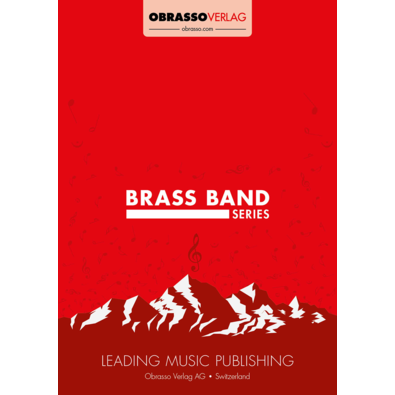We've found 1000 matches for your search. Order by
Results
-
 £58.60
£58.60 -
 £64.00
£64.00 -
 £50.90
£50.90 -
 £54.20
£54.20 -
£106.80
Lord Of Brass - François Rousselot
Estimated dispatch 5-14 working days
-
 £69.00
£69.00This Is Brass - Frank Bernaerts
Estimated dispatch 5-14 working days
-
 £69.00
£69.00Kings Of Brass - Darrol Barry
Estimated dispatch 5-14 working days
-
 £116.10
£116.10Twisting Brass - Günter Noris
Estimated dispatch 5-14 working days
-
 £124.10
£124.10Jazzy Brass - Bertrand Moren
Estimated dispatch 5-14 working days
-
 £108.10
£108.10Shingin Brass - Bertrand Moren
Estimated dispatch 5-14 working days
